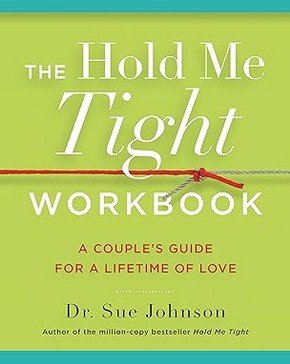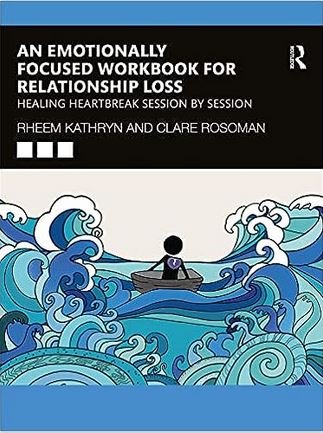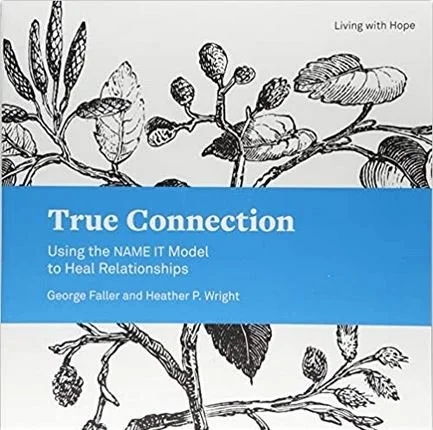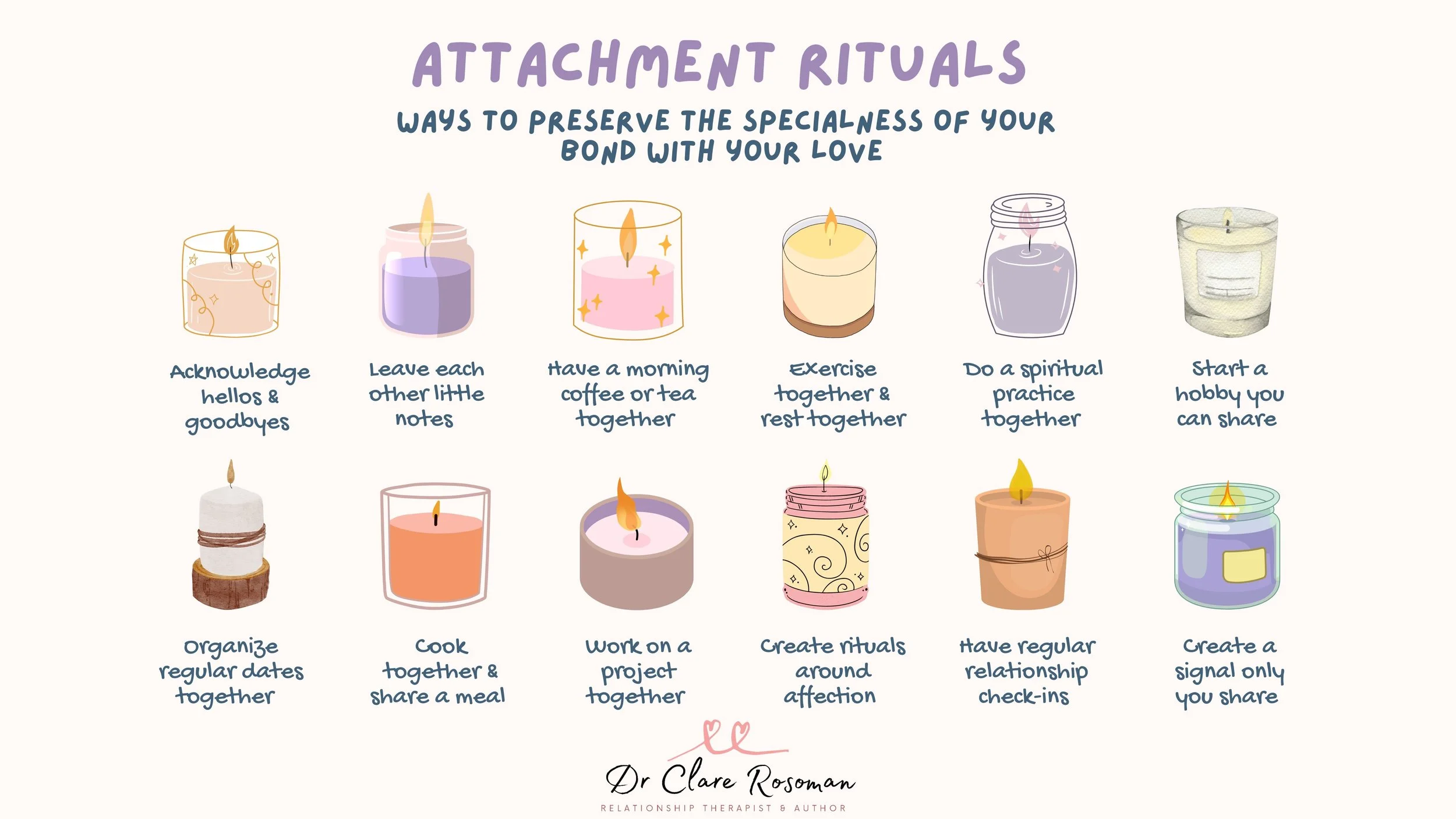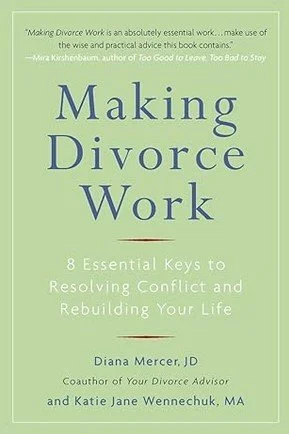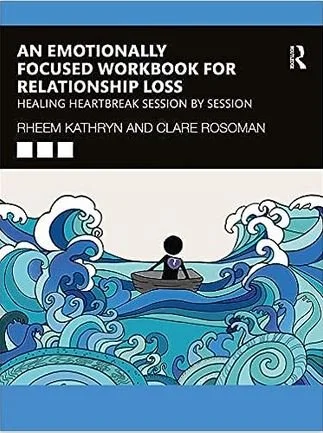
Resources for Couples
Do you need encouragement that transformation and safe connection are really possible in your relationship?
Read one couple’s story of how EFT helped them get the Negative Cycle out of their dance and instead grow the connection they never dreamed possible! You can too!
Books to help your connection:
(Click on images to get linked to Amazon.com. Sue Johnson’s are available by audio book as well.)
Podcasts to help your connection:
Foreplay Radio podcasts about the vital topics of sexuality, marriage, eroticism, and committed partnership, by sex therapist Laurie Watson, Ph.D., and EFT therapist & trainer George Faller, LMFT -a favorite for couples all over the world!
Befriending your Nervous System - for understanding your self and your partner (including when one or both of you have experienced trauma (including lack of secure attachment as a child) that gets us dysregulated). In this Podcast, Deb Dana shares her insights into how Polyvagal Theory can help us!
From the Sounds True website: “Deb Dana is a clinician and consultant specializing in complex trauma…. Her work … is focused on using the lens of Polyvagal Theory to understand and resolve the impact of trauma, and create approaches that honor the role of the autonomic nervous system. With Sounds True, Deb has created a new audio program called Befriending Your Nervous System: Looking Through the Lens of Polyvagal Theory. In this podcast, Deb offers an introduction to the human nervous system, how Polyvagal Theory informs our understanding of the nervous system, how to manage the state known as “dysregulation,” and more.'“
Becoming an Active Operator of your Nervous System - more from Deb Dana
From this Podcast on the Sounds True Website: “Deb Dana, LCSW, is a clinician and consultant specializing in using the lens of Polyvagal Theory to understand and resolve the impact of trauma and create ways of working that honor the role of the autonomic nervous system. Her Sounds True publications include the audio program, Befriending Your Nervous System: Looking Through the Lens of Polyvagal Theory, and her new book Anchored: How to Befriend Your Nervous System Using Polyvagal Theory. In this podcast, Tami Simon converses with Deb Dana to offer listeners a practical understanding of Polyvagal Theory and how we can begin to decode the language of our body for better health and better relationships. Tami and Deb also discuss the dorsal, sympathetic, and ventral states of our nervous system; the gifts of becoming “anchored in ventral”; neuroception, your nervous system’s way of taking in information to assess your safety; curiosity and the capacity for self-reflection; the importance of self-care; co-regulation as a biological imperative; why self-regulation is especially critical for therapists and other helping professionals; music and nature as healing resources; the practice of self-compassion as a means of “getting our anchor back”; and more.”
Handout to nurture your bond:
Click on image to get the .pdf!
Video to help your connection:
Drs. Sue Johnson & Ed Tronick discuss the Still Face Experiments and attachment responses over the life span. This helps you understand why a Pursuing partner goes into attachment panic when the Withdrawing partner’s face goes blank:
Two experts in bonding look at key responses in love relationships.
Remember to check out EFT for Couples, along with What is EFT?
and
Hold Me Tight® Workshops for Couples too!
(Hold Me Tight® is a registered trademark to Dr. Sue Johnson.)
If you need more resource suggestions, feel free to ask!
For Couples Considering Divorce, EFT Can Help:
No one goes into an intimate relationship planning for it to not work. And sometimes Negative Cycles can emerge and sabotage connections against our will, leading couples to part ways. No one intended it. And it happened.
In EFT we say, “Get out of the cycle before getting out of the relationship.”
If you have sought to get out of the cycle (through EFT Couples Therapy) and have gotten clear that your hearts have gone into detachment or you are no longer a fit, then consider finding peaceable ways to uncouple. Here are some resources to help you (and they are congruent with the Attachment oriented process you have walked through with me):
Diana Mercer, J.D., is a lawyer who gave up litigation and turned to helping couples mediate their uncoupling process peacefully. And Marsha Kline Pruett, Ph.D., is a psychologist who embraces the lens of Attachment, like we do in EFT. These will be helpful resources that can help you navigate your relationship’s uncoupling in a way that is consistent with your values and to help you honor what your connection has meant to you even as you shift out of marriage.
Early on, consider writing a “Mission Statement” for your divorce process, to guide you away from conflict and toward peaceable relating. This helpful website has a tool to create your own (with sample statements to consider including):
Divorce Mission Statement: http://www.dianamercer.com/divorcemission.html
If you would like help navigating the terrain of uncoupling peaceably, I am glad to come alongside you both.
It would require you both to: 1) be able to be in sessions together, 2) feel safe enough with each other, 3) be open to the other’s perspective while still making space for your pain, and 4) be able to agree on common goals for our time.
Some possible valuable goals for such post-marriage counseling could include:
Develop a clear narrative of how the Negative Cycle got into the relationship and sabotaged it, so you can see that the Negative Cycle is the Bad Guy and neither of you. (This is helpful for your own healing and for how you talk about the separating/divorcing/uncoupling to other people.)
Develop a list of unanswered questions and fears that you want/need to process to be able to move forward without pockets of pain holding your heart in a cage. Bring those questions and fears to each other to process and get answers straight from the source. (This can be so powerful and really helps with healing.)
Grieve the losses that come with what the Negative Cycle did to you both and your love, and grieve the losses that come with moving forward apart.
Collaborate on co-parenting in a way that honors what your attachment relationship has meant to your kids and helps them feel you are still a secure base for them as your lives together change.
You may think of other goals that would be valuable in your uncoupling process….
Take time to get clear on the “dance steps” of the Negative Cycle, the fears fueling it underneath, and what it did to you both. Then process the pain and grieve so you don’t just take the old “dance steps” with you to the next relationship.
Dr. Kathryn Rheem (EFT Trainer), says, “Unprocessed pain, unprocessed fear moves under the surface and tweaks behavior.” That is true here as well. Process the pain and fears now so the Negative Cycle doesn’t sabotage your heart again in the next relationship!
Consider these helpful resources as well:
The authors are Certified EFT Trainers and know the journey well, personally and professionally. You will be in good hands and be glad you let them help you! You don’t have to do this alone!
Lastly, don’t go it alone!
We all need safe others to do this journey of life with us. So too in uncoupling and divorce.
Consider safe-haven friends who can be there for you.
Look into getting a warm, supportive therapist to come alongside you. You may find many at: https://centralpaeft.com/find-a-therapist and https://directory.iceeft.com/. EFIT (Emotionally Focused Individual Therapy) and AEDP can be powerfully helpful in grieving a crumbled relationship. … AND …
Consider joining a Divorce Care group. Check out: https://www.divorcecare.org/ to find a virtual group or an in-person group new you.
~ ~ ~ ~ ~ ~ ~ ~ ~ ~ ~ ~ ~ ~ ~ ~ ~ ~ ~ ~ ~ ~
Including safe-haven others with you on the journey will help you walk through the path in a way that invites you process the pain (FEEL it, not run from it), come to a different relationship with it, find ways to let others be with you, realize you are NOT alone, view yourself and others more positively, and walk into a new tomorrow emotionally freed so your next relationship has the chance to be safer, more secure, life-giving, and warmly connected. Safe, secure connection IS possible!




